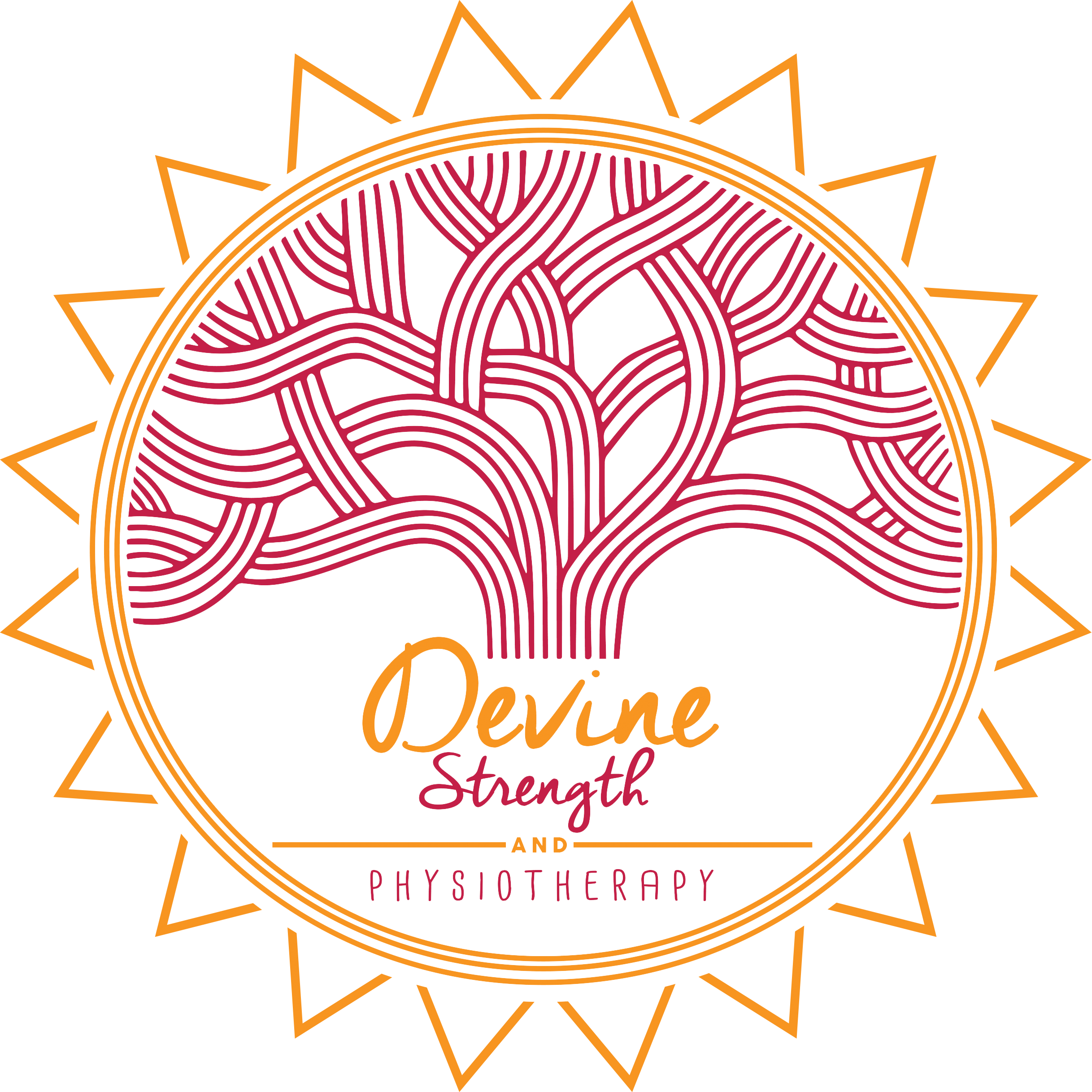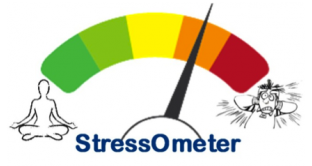Trauma (aka: Stress) is any experience that overrides our body’s ability to cope. It doesn’t matter if someone else has it worse, or if you or other people think it’s not a big enough deal to be traumatic. If our nervous system is over stressed by it, it’s traumatic. When our autonomic nervous system (ANS) doesn’t have the necessary resources to respond we will feel overwhelmed. It’s simply more than our bodies could handle.
At this point, our bodies will engage one of the 4Fs: Fight, Flight, Freeze, or Fawn. You may have heard of the fight or flight response. In recent years the psychology community has identified two more responses to stress: Freeze and Fawn. Over the next few months we will be highlighting each of these ways of coping in our newsletters.
Do you know what your predominant coping style is? For most of us the answer is a combination of two or more of the four, and we may use different ones at different times and for different situations.
The impact of an event on our emotional and physical bodies can be lessened when we have someone to help us work through the feelings we have about the stressor. Peter A. Levine, a renowned trauma therapist and educator says that “Trauma is not what happens to us, but what we hold inside in the absence of an empathetic witness.” At Devine Strength, we are here to witness your story, your growth, and empower your self healing.
Let’s Talk Trauma
Those of us that currently are or have experienced chronic pain or trauma in some way know the torment and pain we walk around with each and every day.
Some of you may be experiencing some level of trauma right now. Maybe you’re dealing with challenges around finances, employment, the pandemic, or natural disasters happening currently. Whether it be physical trauma, emotional trauma, spiritual trauma or all of the above, we hope this topic will open the door for you to step into a new way of living.
Let’s begin with an example….
Let’s say I have experienced some trauma in the past and feel that I operate at 8/10 level of stress most days. I then only have a small reserve left to give in response to life’s challenges. So, if I have an event that takes the other 2/10 such as an unexpected expense, frustration in the family, physical pain, or injury I am left with nothing to support me. Literally, spent.
Those of us who have experienced chronic pain or chronic stress have likely known 8/10 for a long time. Not only have we known it for a long time. It’s just how we operate.
I have been asking patients more regularly, on a scale of 1-10 (10 being the most), how stressed do you feel right now. Today someone said that she felt 5/10 even after saying she does not feel “that” stressed. Sure, it’s not a 10, but if we’re walking around on any given day at a 5, we don’t have the reserves left when some other stressor comes into our lives.
Many of us experience a surprising response to living life with less stress and more ease. We can actually feel more anxiety when our stress level goes down. It can feel very stressful to not be “doing” all the time. For some, living life with intensity can be a response to stress or trauma. If we are busy enough, we don’t have to think about or otherwise deal with those deeper things that bother us. This way of operating is a coping style known as the “flight response”. It might help us to ask ourselves, What do we gain by walking through life with a high level of stress? In what way is it protective? What part of us is it protecting? What do we lose? In what way is it detrimental?
“You are a human being,
Not a human doing”
-Dr.Devin
As a whole, we don’t even know what 3/10 feels like, nonetheless how to operate at 3/10. So, when we are on autopilot, we tend to ramp back up to 8/10 and wonder why we can’t sleep, are fatigued and not losing the weight we want. Our bodies will hold onto weight as a reserve for “just in case” we have to respond to another life threatening event. When I retrain my central nervous system (CNS) for normal life to be at 3/10, I then have room to adapt and respond up to 10/10. After that short term event/stressor I can help my mind and body regulate back down to 3-5/10 with breath and meditation techniques.
We are building our resilience here. Your body’s resilience, your spirit’s resilience and by virtue, your mind’s resilience.
The challenge with chronic conditions is that we run out of room to adapt. We are “running on fumes.” So, once we are at 10/10. How do you come back down? Here’s the thing, once we are that far “upregulated” then we need help to come back down. This is where we fit in.
Once we reset your ANS with manual therapy to a more parasympathetic (calming) state, We need to learn or train our CNS to a new baseline.
How do we train our CNS to a new baseline? By changing our responses to life.
When we respond in a new, more adaptive, way our brain forms new neural pathways for that new action. Think of it like a trail. If we walk along the same familiar path each day, the trail becomes worn and familiar. It becomes easy to walk this path, we don’t need to think about it or watch where we are going. When we decide to take a new path, we might muddle through the first few times, but after making a conscious choice to take the alternate trail, it becomes easier to traverse as the trail becomes more familiar and clear. Eventually this new way of responding becomes familiar to our nervous system and we no longer need to think about it; it becomes our new automatic response.
As I say to all my patients, “You are with yourself 24/7. I am here for a short time to help. So the greatest gift I can give to you is to teach you how to help before you run out of reserves.” One way you can support yourself is through alternate nostril breathing. This method supports the limbic system which is where we process emotions in the brain. Follow this link to watch my instructional video about alternate nostril breathing.
The deepest healing comes from within. I am here to support your journey to meet your true deep self, to meet it, reconnect with it, and move forward into life with greater resilience because of it.

